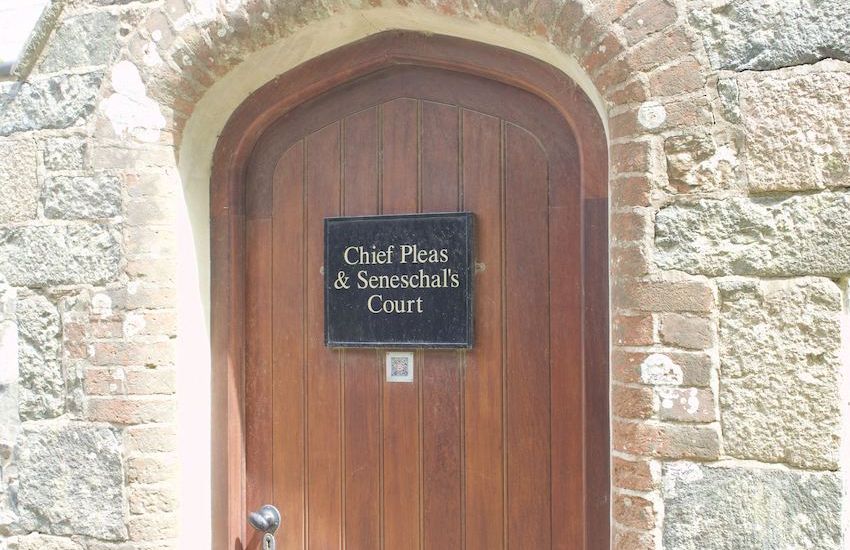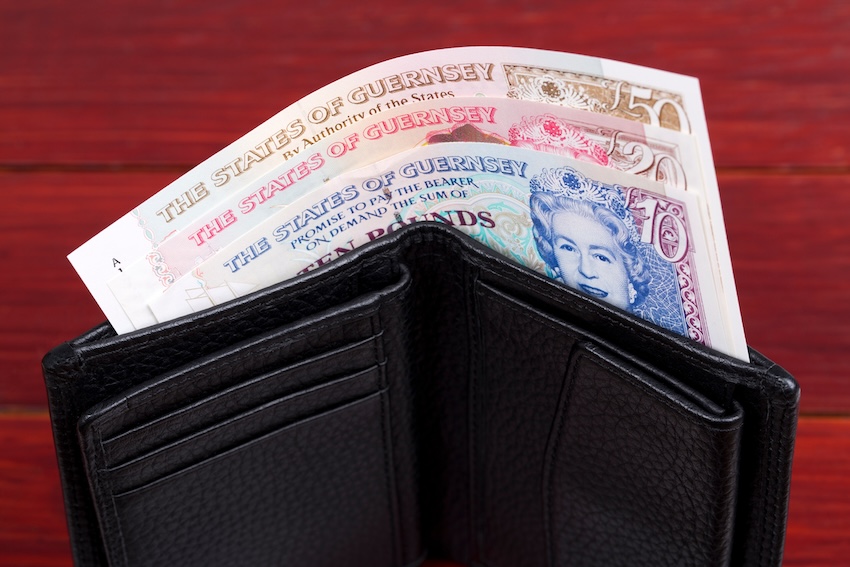


The island jurisdiction which famously has a tax form covering only one piece of A4 paper could soon seek the views of the public on what new taxes should be brought in.
A tax review committee within Sark’s government is seeking approval from the island’s parliament to take a series of ideas to the community for consultation this year.
Among the options presented in a report are taxing derelict and second homes, a tourist bed tax, an enhanced property transfer tax, and increasing the minimum rate of tax paid by residents depending on how long they spend in the island throughout the year.
The latter suggests huge increases of between 500% and 2000%, increasing for those who show the most absenteeism from the community.
The minimum rate of personal tax payable each year is £525, but those who spend less than 270 or 180 days in the island would be charged a of £2,625 and £5,250 respectively under that system.
Those unable to prove they have been present in the island for at least 90 days would be charged £10,500. The committee noted this could help stop tax evasion in other jurisdictions.
The committee says it has ruled out any revenue raising measures which would cost more to administrate than cash they would bring in.

Pictured: Sark agreed to review its tax system in 2021, the first time in two decades.
Tourists are also identified as a revenue stream, as no tax is contributed beyond a landing fee attached to tickets. It says many countries charge tourists based on nights stayed.
The rates of £2 a night for hotels, £1 a night for self-catering or B&B, and 50p for camping are suggested.
A seasonal workers tax is suggested too: “A weekly Seasonal Workers Tax of £10.10, being pro rata to Sark’s 2024 Personal Tax rate, to be submitted to the Sark exchequer by accommodation providers in respect of their seasonal workforce."
In a report it said it “offers no view as to the merits, the perceived fairness or otherwise of our deliberations and findings to date. We believe we have discharged our duties without fear or favour and will continue to do so.
“It will be for The Policy and Finance Committee to consider our findings and lay before Chief Pleas one or several of our proposals.
“It will be then, and only then, with the benefit of evidence-based representation from our lead committee, that debate as to the merits, the perceived fairness or otherwise of each potential revenue raising proposal will be either approved or rejected on the floor of the house.”
Simultaneously, increases in other fees for public services will also be considered at the meeting, which have been raised for six years.
Rubbish and recycling rates would rise by £5.20 per quarter to £27.40, while sewage collection would increase by £4.30 to £22.67 per load.
The Douzaine has also proposed at 23.4% increase to commercial disposal charges, noting that the scheme is losing £20,000 of public money each year and that a “future Chief Pleas” will need to carry out a “comprehensive review” of the service.
All the above matters will be considered by Chief Pleas at a meeting on 17 January, with the new charges coming into effect from February 1 if approved.
Comments
Comments on this story express the views of the commentator only, not Bailiwick Publishing. We are unable to guarantee the accuracy of any of those comments.